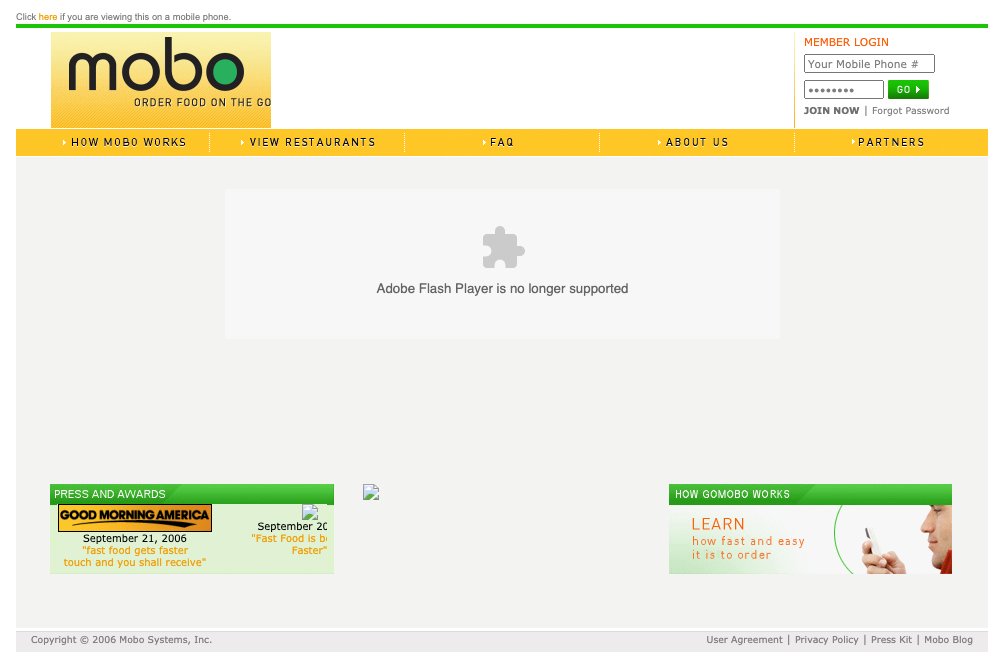
Partner @fcollective. Lead/Seed @coupang,@suno_ai_,@shieldaitech, @seatgeek,@pillpack,@olo. Co-founder IS @nttdata_inc. Try build most aligned VC for founders
4 subscribers
How to get URL link on X (Twitter) App



https://twitter.com/dafrankel/status/1385647876706115591🪙 Build on your own dime

 ⏳ You can’t be too early
⏳ You can’t be too early
